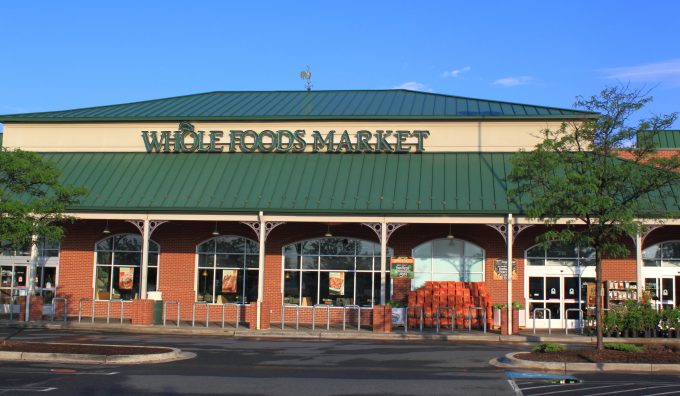Prologis – 'Water is building behind the dam'
…when will it break?
WTC: RIDE THE WAVEFDX: TOP EXEC OUTPEP: TOP PERFORMER KO: STEADY YIELD AND KEY APPOINTMENTAAPL: SUPPLIER IPOCHRW: SLIGHTLY DOWNBEAT BUT UPSIDE REMAINSDHL: TOP PRIORITIESDHL: SPECULATIVE OCEAN TRADEDHL: CFO REMARKSPLD: BEATING ESTIMATESPLD: TRADING UPDATEBA: TRUMP TRADE
WTC: RIDE THE WAVEFDX: TOP EXEC OUTPEP: TOP PERFORMER KO: STEADY YIELD AND KEY APPOINTMENTAAPL: SUPPLIER IPOCHRW: SLIGHTLY DOWNBEAT BUT UPSIDE REMAINSDHL: TOP PRIORITIESDHL: SPECULATIVE OCEAN TRADEDHL: CFO REMARKSPLD: BEATING ESTIMATESPLD: TRADING UPDATEBA: TRUMP TRADE

Amazon’s latest move into bricks-and-mortar retailing is explained in this good article in The Atlantic. It notes that last week’s news that it is to buy Whole Foods for some $14bn, will give Amazon both a stronger foothold in food, but also urban real estate, which it can then use for its fast-delivery options. The article also notes that while food sales have terrible margins, Amazon’s understanding of the “human sloth” – the laziness that means we now order everything from the comfort of our sofas – will keep it ahead of the game.
Meanwhile, rival Alibaba is trying to woo US shippers to its site, to sell to Chinese shoppers. But it could be a tough market to crack.


Comment on this article